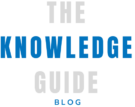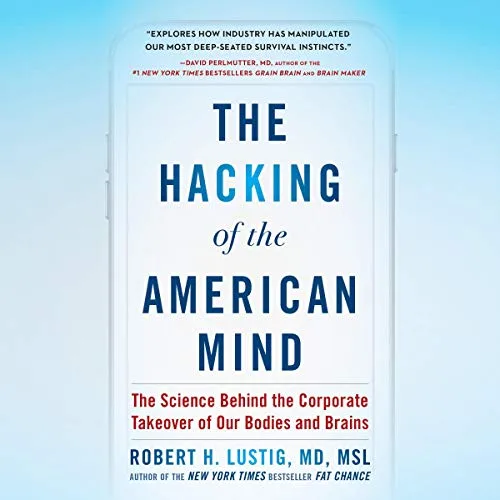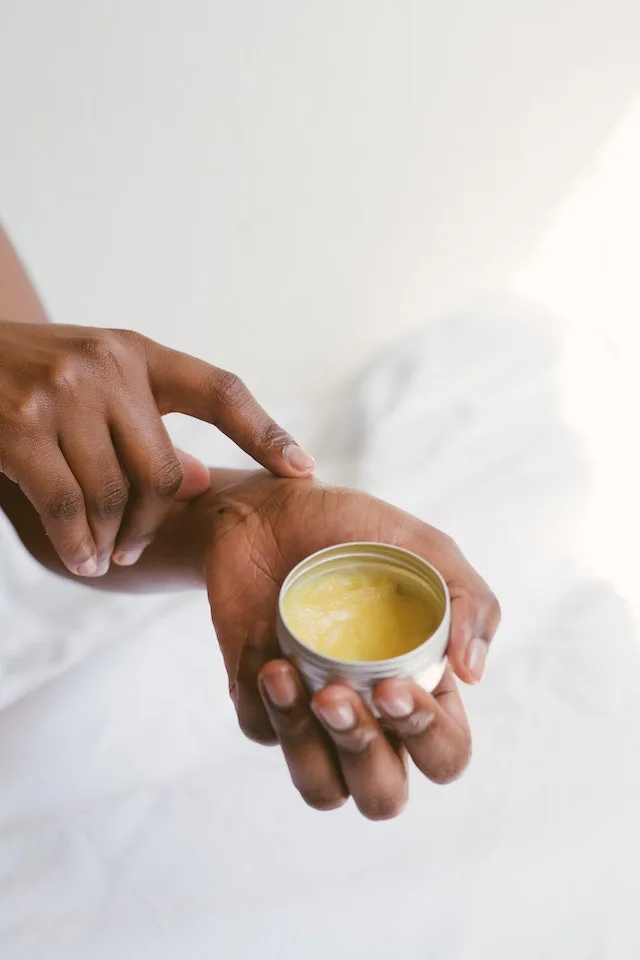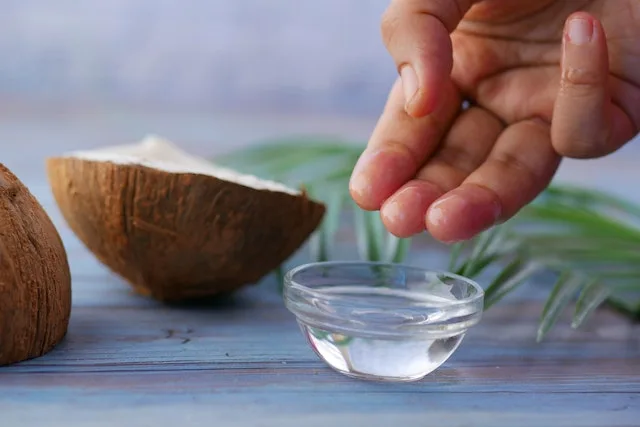Disclosure:
The Knowledge Guide may earn a commission when you purchase through links on our site. As an affiliate, we only promote products and services that we believe in and use ourselves.
The Hacking of the American Mind: A Pain Management Doctor’s Perspective on Dopamine, Serotonin, and Psychedelics
As a pain management doctor, I have seen firsthand how our society’s focus on instant gratification and pleasure-seeking has contributed to the current opioid epidemic. The book “The Hacking of the American Mind” by Dr. Robert Lustig provides a fascinating insight into how the modern world has been engineered to hijack our brains’ reward systems, leading to a widespread epidemic of addiction, depression, and chronic disease. In this article, I will summarize Dr. Lustig’s ideas, emphasizing the difference between dopamine and serotonin, pleasure and happiness, and exploring the potential of psychedelics as a treatment for depression and chronic pain.
Introduction: A Nation Addicted to Pleasure
In his book, Dr. Lustig argues that we have become a nation addicted to pleasure, with an insatiable appetite for dopamine hits. Dopamine is the neurotransmitter responsible for the brain’s reward system, making us feel good when we experience pleasure. However, in our hyper-stimulated world, dopamine is constantly being released, creating a cycle of addiction and craving that leaves us feeling unfulfilled and unhappy.
The Difference between Pleasure and Happiness
Dr. Lustig makes a clear distinction between pleasure and happiness, arguing that pleasure is a short-term sensation, while happiness is a long-term state of being. Pleasure is fleeting, and our constant pursuit of it can actually prevent us from achieving true happiness. Happiness, on the other hand, is a more profound and lasting experience that comes from leading a fulfilling and purposeful life.
Dopamine and Serotonin: The Battle for the Brain
According to Dr. Lustig, the battle between dopamine and serotonin is at the heart of our modern-day health crisis. Serotonin is the neurotransmitter responsible for feelings of contentment and well-being, and it is activated by activities such as exercise, meditation, and spending time in nature. However, our constant pursuit of pleasure and instant gratification has led to a depletion of serotonin levels in our brains, making it harder for us to experience true happiness.
Psychedelics as a Treatment for Depression and Chronic Pain
One of the most intriguing aspects of Dr. Lustig’s book is his exploration of the potential of psychedelics as a treatment for depression and chronic pain. Psychedelics such as LSD and psilocybin have been shown to have a profound impact on the brain, leading to increased levels of serotonin and decreased levels of dopamine. This, in turn, can help to alleviate symptoms of depression and chronic pain.
Conclusion: Reclaiming Happiness in a Distracted World
In conclusion, “The Hacking of the American Mind” provides a fascinating insight into the ways in which our modern world has been engineered to hijack our brains’ reward systems, leading to widespread addiction, depression, and chronic disease. As a pain management doctor, I have seen firsthand the devastating effects of our society’s addiction to pleasure. However, by understanding the difference between pleasure and happiness, and by exploring new treatments such as psychedelics, we can begin to reclaim our happiness in a distracted world.
FAQs
What is the difference between dopamine and serotonin?
Dopamine is the neurotransmitter responsible for the brain’s reward system, while serotonin is responsible for feelings of contentment and well-being.How does our constant pursuit of pleasure contribute to addiction and chronic disease?
Our constant pursuit of pleasure leads to a cycle of addiction and craving that can contribute to addiction and chronic disease.
What is the difference between pleasure and happiness? Pleasure is a short-term sensation, while happiness is a long-term state of being that comes from leading a fulfilling and purposeful life.
Can psychedelics really be used to treat depression and chronic pain? There is growing evidence to suggest that psychedelics such as LSD and psilocybin can have a profound impact on the brain, leading to increased levels of serotonin and decreased levels of dopamine. This, in turn, can help to alleviate symptoms of depression and chronic pain.
Are psychedelics legal? Psychedelics such as LSD and psilocybin are currently illegal in most countries, although there is growing interest in their potential therapeutic use.
What are some alternative ways to increase serotonin levels? Activities such as exercise, meditation, and spending time in nature have all been shown to increase serotonin levels in the brain.
Is it possible to balance pleasure and happiness in our lives? Yes, it is possible to balance pleasure and happiness by focusing on activities that bring long-term fulfillment and purpose, while also enjoying short-term pleasures in moderation.
How can we reduce our dependence on instant gratification? One way to reduce our dependence on instant gratification is to practice mindfulness and cultivate an awareness of our own thought patterns and habits. By becoming more aware of our impulses, we can learn to make more intentional and thoughtful decisions.
What is the role of pain management doctors in the current opioid epidemic? Pain management doctors play a crucial role in addressing the current opioid epidemic by promoting alternative treatments for chronic pain, such as physical therapy and cognitive-behavioral therapy.
What can individuals do to promote their own well-being and happiness? Individuals can promote their own well-being and happiness by cultivating meaningful relationships, engaging in activities that bring purpose and fulfillment, and taking care of their physical and mental health through regular exercise and self-care practices.
Rainier Guiang, MD is a board certified specialist in interventional pain management and practices in southern California at University Pain Consultants.





